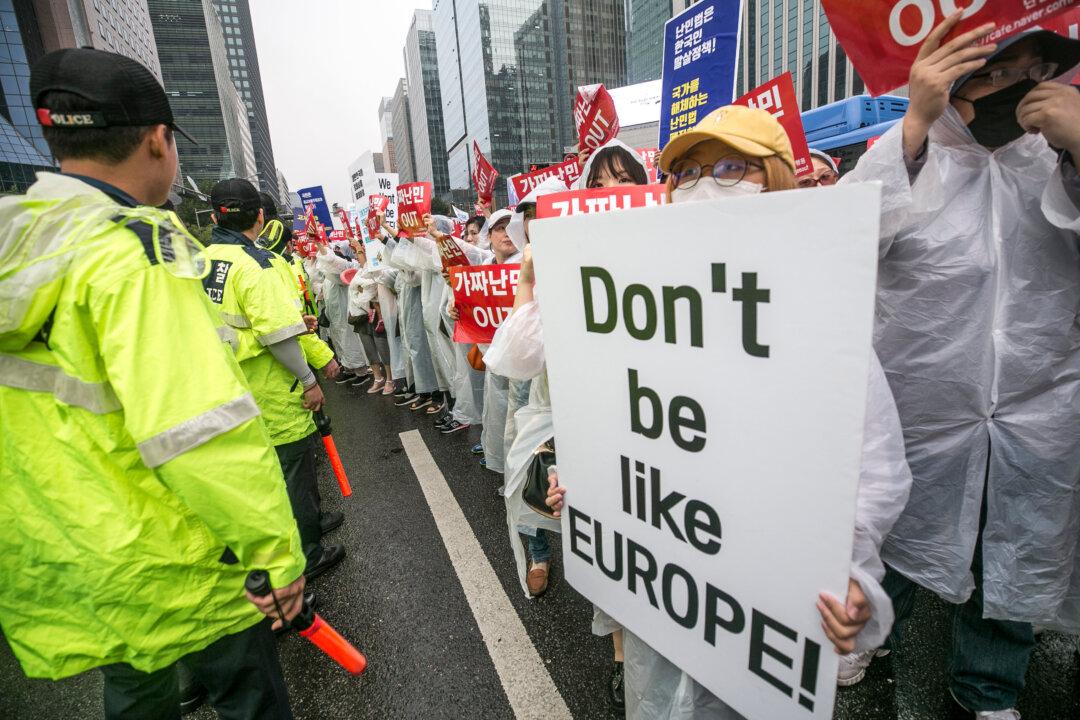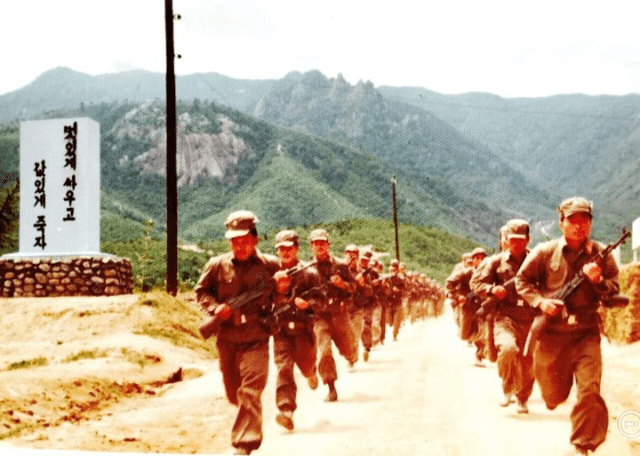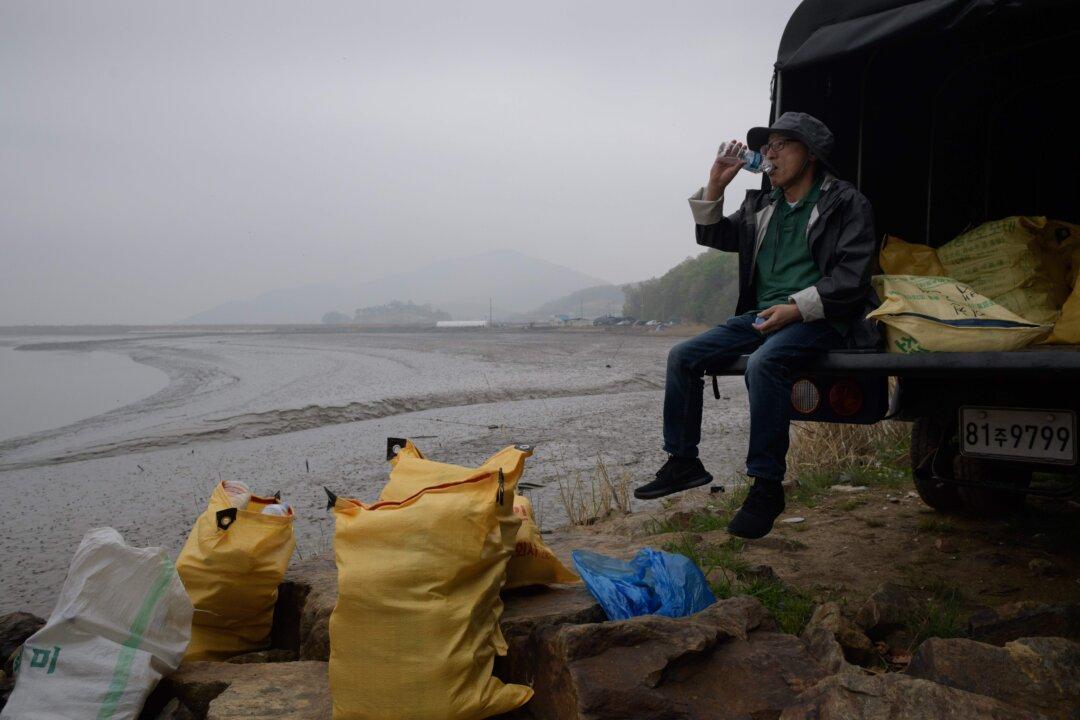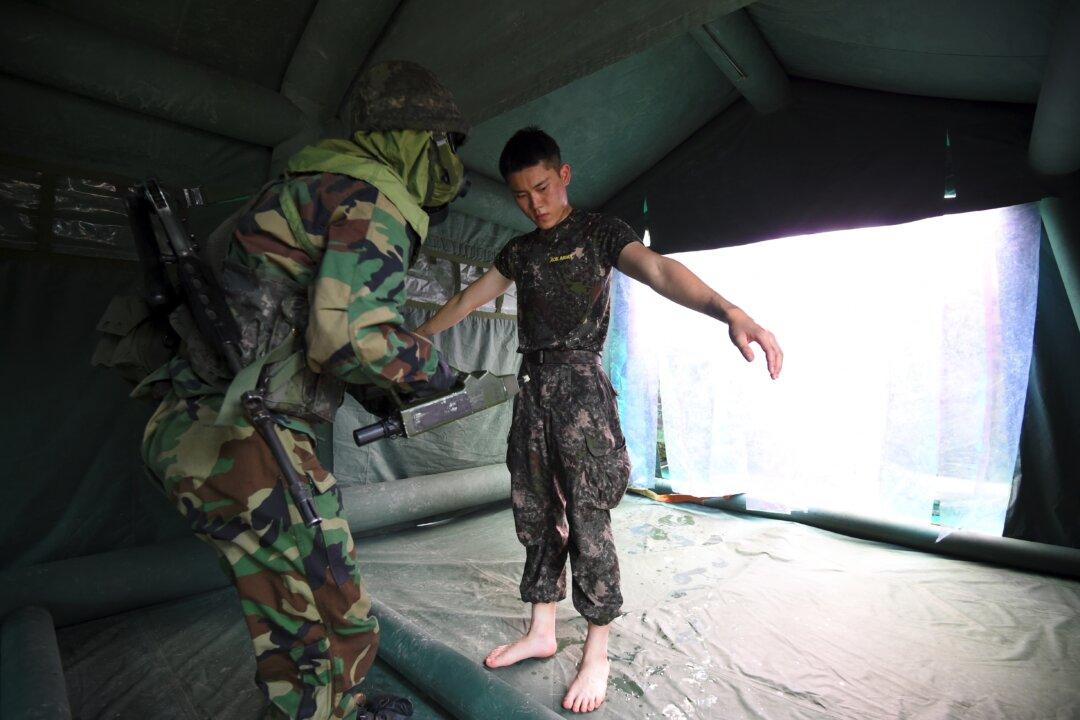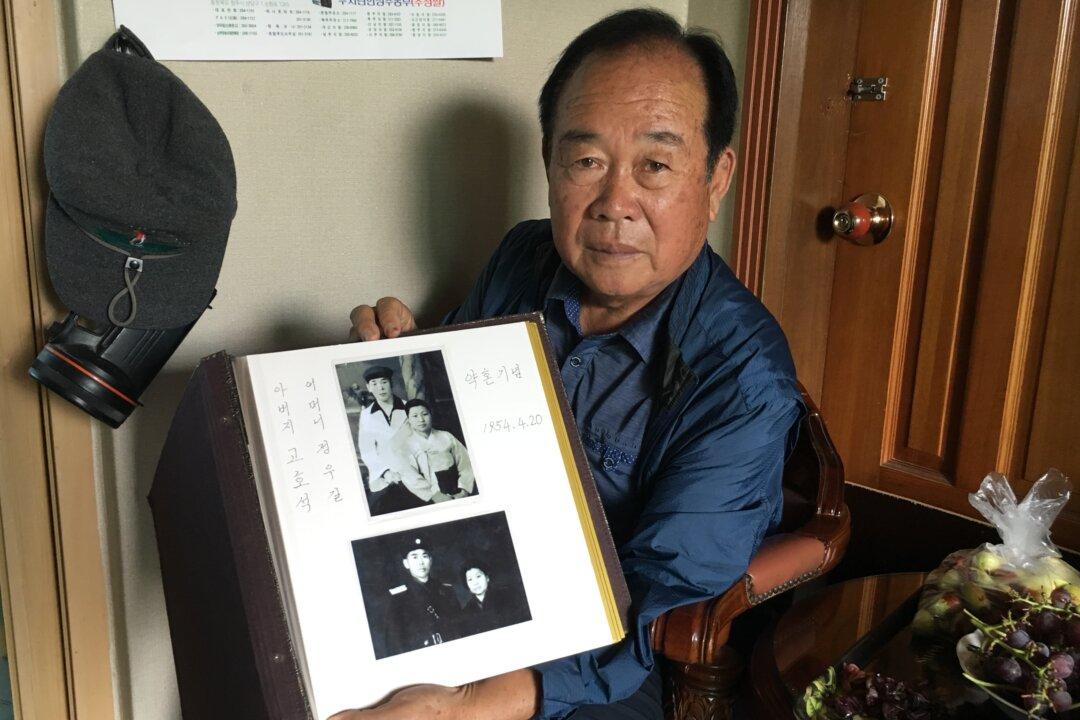SEOUL, South Korea—The sudden surge of Yemeni asylum-seekers to South Korea’s Jeju island isn’t something the government was ready to deal with.
On Oct. 17, South Korea’s Ministry of Justice announced that it’s granting temporary stay permits to most of the more than 500 asylum-seekers, which allows them to leave the island, but denied them refugee status. More than 350 were granted humanitarian stay permits, while some were rejected due to criminal records or for being judged as economic migrants. Some cases are still under review.
